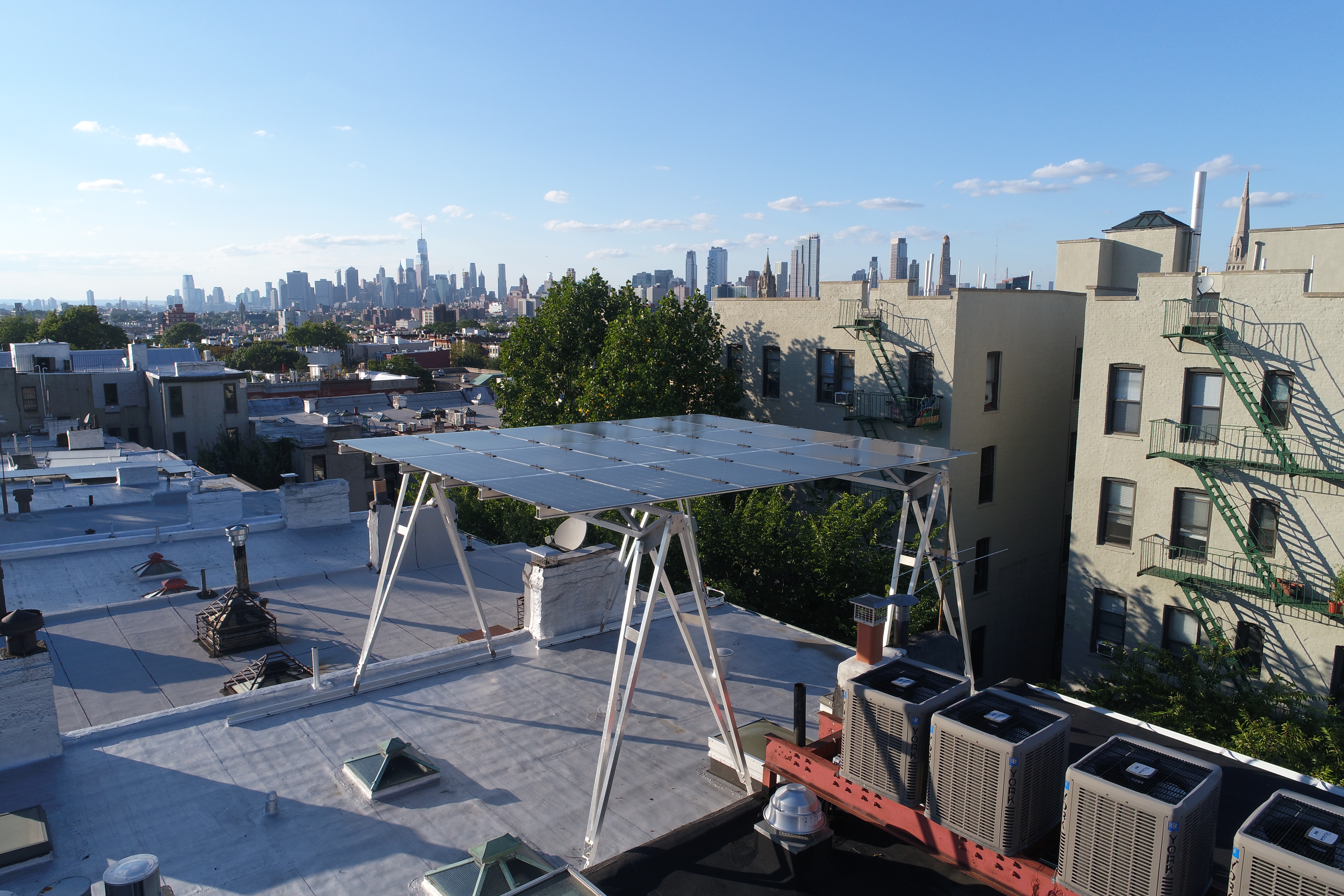George Bush Wants My Family to be Homeless
We have to admit we’ve been trying our best to block out the news over recent weeks of President Bush’s proposal to do away with the home mortgage deduction–we get a pit in our stomach whenever we think about it. Like many recent purchasers of homes in hot coastal markets (which, by no coincidence are…
We have to admit we’ve been trying our best to block out the news over recent weeks of President Bush’s proposal to do away with the home mortgage deduction–we get a pit in our stomach whenever we think about it. Like many recent purchasers of homes in hot coastal markets (which, by no coincidence are teeming with Liberals), elimination of this tax break would have a fairly drastic effect on our ability to stay in our home.
The pundits are talking about how such a change would bring home values down by 10-20%, but we think they are only taking into consideration the change in demand; in markets like New York, where many people have stretched over recent years to buy a home, the result could be much more dramatic on the supply side, as thousands of families could find themselves in the position of being forced sellers. The definitions of “rich” used to set the minimum hurdle rates for the small deductible portion of a mortgage that would remain are woefully out-of-whack with reality in cities like New York where most people spending $1 million on a home are far from wealthy. The larger impact on the economy–from a decline in real estate tax revenue to population decline–could be devastating under that scenario.
Let’s say someone earning $180,000 a year ($15,000 a month pre-tax, maybe $9,000 a month after) purchased a house at some point in the last few years for $1,250,000, putting down $250,000 and taking a $1 million mortgage. Let’s also say she’d gotten a 6%, 30-year mortgage, making her monthly payment roughly $6,000. For the sake of simplicity, let’s say taxes and maintenance, etc., add up to another $1,000.) Under current rules, her after-tax housing expense would be more like $5,000 than $7,000; the proportions get even more extreme if she has some rental income–maybe $3,500 versus $5,500. The difference in what’s left over to pay for groceries, utilities, tuitions, etc. is $5,500 versus $3,500–huge when you’re talking about a family of 4 or 5.
Now, we don’t think there’s any defensible intellectual reason that home ownership should enjoy the privileged status it does in our tax code, but to change the rules of the game at this point when millions of people have made the largest financial decision of their lives based on one set of ground rules would be a bait-and-switch of monster proportions. Some experts say the chances of these changes getting through are low, but, in the meantime, we’re going to have to go back to living in denial. The alternative is too much of a downer.
Goodbye, My Sweet Deduction [NY Times]





The Times article on this is pretty good. It’s also the ‘most emailed’ when I last looked.
So they’ve recommended moving the cap down from $1mm mortgages to $400K something (in NY for example). My bet: They’ll settled in the $650k range and give up on that idea of losing the city/state tax deductibility. And you’ll be able to deduct half the re taxes.
I wish! From an intellectual viewpoint, I like the idea of simplifying the tax code. Just because housing in NYC is expensive doesn’t mean taxpayers in general should be subsidizing people with million dollar mortgages. The tax code does not treat someone with a 1m mortgage in flyover country any differently from someone in NYC/CA. Extremely unfair. From my personal perspective, while the mtge interest deduction is a nice little bonus, I have NEVER, ever factored it into the costs of owning a home. If we were a family of four living on a 180k income, I would be comfortable spending no more than 25% of our net income on housing. And if that doesn’t buy us anything, so be it. We’d rent. The only situation where I might be comfortable taking on risk is if the rent/own ratio were more even and I saw some upside.
IMHO, people are going to get burned big time when the mortgage interest deduction gets whittled down. And I can’t but feel smug.
Investment in non-real estate assets is not some implied goal – it is explicit in many of the statements issued with the proposal, along with proposed cuts in capital gains taxes on all investment profits.
not all stocks issue dividends.
Absolutely it sounds to me that stock ownership would be the big winners.
‘Revenue Neutral’ is what the ‘reform’ claim/objective/mission was to be…. They were not supposed to come up with way to get more or less revenue for federal govt. Just raise same $ amount in different way.
So if I were to pay significantly more – who – or what (as in corporations) is gonna pay less under these recommendations?
here’s a thought. on the one hand, the proposals cut back homeowning incentives and would cut home prices. on the other, they greatly advantage income earned from capital gains and dividends. say you own a house in NYC and have built up several hundred thou — or more — in equity. assuming the drop in house prices still leaves you with equity, isn’t the tax panel basically encouraging you to sell your house, rent and buy lots of stock?
And just why do these changes need to be “revenue neutral”? Our government is currently running up huge deficits and cutting taxes for whom?
What do you mean “no”? If you get hit with the AMT, your deductions are useless after a point.